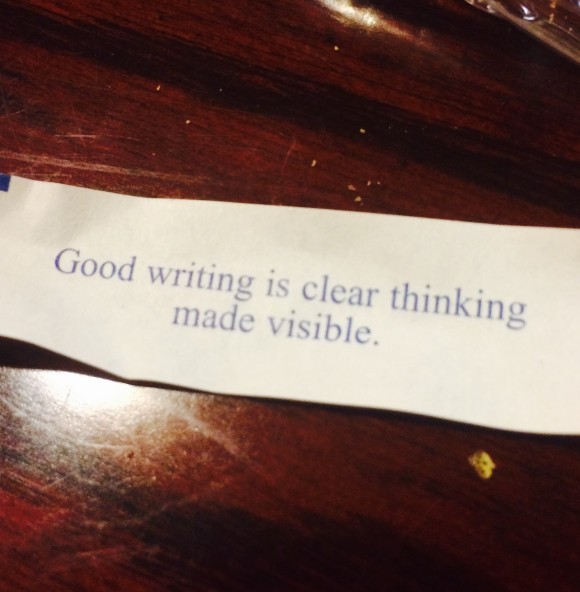This post is part of a continuing series on The Books that Have Shaped My Thinking.
It’s the summer, so I have time to read, both for work and for pleasure, and I have time to read books instead of just journal articles and blog posts. This made me realize that while a lot of my thinking has been shaped by things that I have read in journal articles (economics is an article-based field) and in blog posts (there is no better means of spreading important ideas quickly), a large part of my thinking has been shaped by books, which often contain more exciting ideas than journal articles–because they face less strict of a review process, books can be more daring in their claims, and thus have more chances of causing you to change how you view the world.
So I decided to write this series of posts on books that shaped my thinking. I talked about development books, about food and agriculture books, about economic theory books, and about econometrics books so far; this week I will talk about writing-related books. This will most likely be the last installment in this series–this blog is about the economics of agriculture, food, and development, I doubt anyone wants to know about the books that have shaped my thinking when it comes to fiction, or philosophy, or other things.
My view of writing advice has changed over the years. When I launched this blog almost five years ago, I loved to read and talk about writing. After a while, I realized that if most of the people who talk constantly about writing spent more time writing instead of talking about writing, they would be much more productive, and so I made the conscious choice to write instead of talk about writing. There are few exceptions to this rule, and here they are.
Some recommendations are very general; others are eminently personal. I just hope you can find one or two that will also shape your own thinking. I’m sure I am forgetting a lot of important books I have read and which have also shaped my thinking, but I made this list by taking a quick look at the bookshelves in my office.

Of Africa — and Writing
With the venerable Soyinka now 78, I wish I could report that his new volume of sweeping reflections is of the same stature as his best work, but sadly it is not. The book is vague, ponderous and awkward. Soyinka never says “house” when he can say “habitation,” “native” when he can say “autochthon,” “dominant” when he can say “hegemonic.” Phrases in quotation marks float free of any source. When he makes broad generalizations and criticisms he sometimes expects the reader to mentally provide specific examples. (Do you remember exactly what President Obama said in Cairo in 2009? I had to look it up.) The book abounds in passages full of 10-dollar words that have to be read two or three times to figure out what they mean. About contentions in Christian theology, for example, he says:
“These all-consuming debates and formal encyclicals are constructed on what we may term a proliferating autogeny within a hermetic realm — what is at the core of arguments need not be true; it is sufficient that the layers upon layers of dialectical constructs fit snugly on top of one another.”
That’s Adam Hochschild discussing Nigerian writer and 1986 Nobel laureate for literature Wole Soyinka‘s new book Of Africa in the New York Times Book Review.